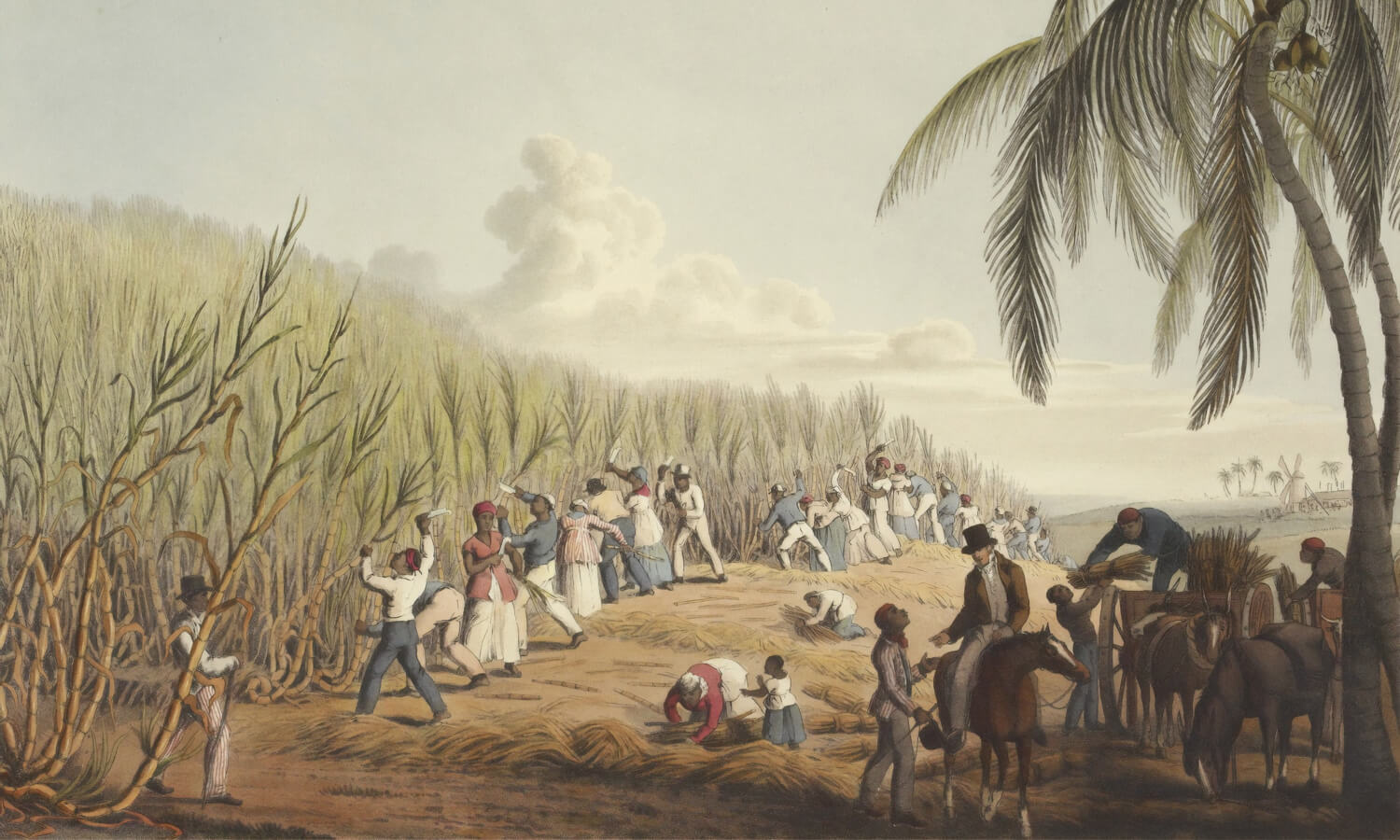
God detests slavery and does not support it. “Anyone who kidnaps someone is to be put to death, whether the victim has been sold or is still in the kidnapper’s possession,” the Old Testament says of those who deal in slaves. (Exodus 21:16). Slave dealers are included in a list of particularly wicked people in the New Testament (1 Timothy 1:10).
The Bible on freedom
A people who are exploited and sold into slavery is the subject of one Bible book. Exodus is that book in the Bible. Egypt holds the Israelites as slaves. Their cries for liberty are heard by God. The account of [how God frees Israel from slavery] is told in Exodus. God is not a god of servitude, but of liberation.
A serious reader of the Bible will understand that slavery is incompatible with the dignity that man has been given by his Creator. Given that man was made in God’s image, how is he capable of being possessed by another man? Through faith, all men are welcomed to [become children of God]; but how could a child of God purchased with the blood of Christ be sold to another man? God grants freedom in Christ; how then could you subject another man to servitude after receiving your own freedom?
The Christian fight against slavery
Thus, it seems sense that Christians have spearheaded global efforts to end slavery. Slavery existed in nearly every society, albeit in various ways. However, Christians soon began to find it unpleasant. For instance, the seventh-century Frankish queen Balthild’s efforts to free slaves led to her being canonized as a saint. Slavery was outlawed in Christian Europe by the eleventh century, but it remained widespread in Africa and the Muslim world.
Many centuries later, European countries were involved in the slave trade once more, but with black Africans this time. Slavery existed in the Americas even though it was forbidden in Europe. Once more, the campaign to end slavery was led by Christians who desired to follow God’s Word. Pastors and other Christian leaders were the principal opponents of slavery until it was outlawed in the Christian world a second time, after many “Enlightenment” leaders came to accept it fully. Unfortunately, slavery still exists in nations that do not adhere to Christian morality.
The Bible and slavery
How does all of this align with the numerous biblical passages that discuss slavery, some of which even demand that slaves submit to their owners (such as Ephesians 6:5)? This seeming paradox can be resolved with the help of a few ideas.
To begin with, “slavery” is a complicated term. Slavery takes many different shapes. People reading this about the 21st century in the future might come across this: “There were people who sold themselves for many hours a week to others who could then tell them what to do and where to go.” They were required to reply even after they created a gadget to contact these individuals outside of business hours. The abolition of this type of slavery required a protracted battle.
The most brutal sort of slavery comes to mind when we consider slavery nowadays. However, there are also softer types of slavery that are more akin to the relationship between an employer and employee, or even more akin to that of a patron and client. These are more akin to the kind of slavery that the Bible describes. Slaves occasionally choose not to be released because they loved their owners, which is a sign of this (Exodus 21:5).
Second, the focus of the Bible is on salvation and on good living. It is not about overthrowing the social order. The existing social order in the Old Testament is shocking to us. Israelites were allowed to buy foreign slaves (Leviticus 25:44). Yet it is clear that they were expected to treat their slaves well, so there would be mutual respect. Not only were Israelites forbidden to enslave people (Exodus 21:16), they were also obliged to give sanctuary to escaped slaves (Deuteronomy 23:15). So, though slavery is not forbidden in the Old Testament, this verse clearly implies that if a slave is treated badly and therefore escapes, it is not the slave but the slave-owner who is in the wrong. This is reinforced by the law that if a slave-owner injures his slave (e.g. he loses a teeth), the slave is to be set free (Exodus 21:27).
God therefore established laws to demonstrate to humanity how they are to live in a world impacted by sin in a way that honors Him. This does not imply that God is happy with the way the world is run. God does not condone slavery; rather, he provides guidelines for the benefit of both slaves and slaveholders.
The Bible leads to the end of slavery
Slavery appears to be considered as normal in Paul’s New Testament texts, but keep in mind that the same Paul denounced slave dealers as grave offenders. There cannot be slavery without slave traders. Thus, Paul both destroys the source of slavery and provides guidance on how to survive as long as it persists.
The same seed that must bring an end to slavery is found in other places in the New Testament. Paul states, “And masters, treat your slaves in the same way,” right after instructing slaves to obey their masters. Since you are aware that there is no favoritism with the One in heaven who is both your Master and theirs, do not threaten them (Ephesians 6:9). Slave owners are instructed to serve their slaves and are reminded that they are equal in God’s eyes. That is the belief that will put an end to slavery.
One last illustration. Paul returns with a fugitive slave who most likely stole from his owner. However, according to Philippe (1:16), he returns him “no longer as a slave, but better than a slave, as a dear brother.” It is evident that slavery cannot last when one looks at people in the light of God’s love.
The fact that the black slave trade was tolerated for several centuries in a largely Christian Europe is scandalous. However, you can’t hold God’s Word responsible for it. The existence of “slave Bibles” provides compelling evidence. In such Bibles, every passage that encouraged slaves to pursue their freedom had been removed. That is, they eliminated the majority of the Old Testament and half of the New Testament! Even the editors of the Bibles for slaves came to the realization that, when one reads the entire text, liberty is the central theme.
People are loved by God. For this reason, God detests slavery. That is the Bible’s unambiguous message. For this reason, throughout history, those who love God have treated slaves as brothers, freed their slaves, campaigned to end slavery, and continue to oppose contemporary forms of slavery.





